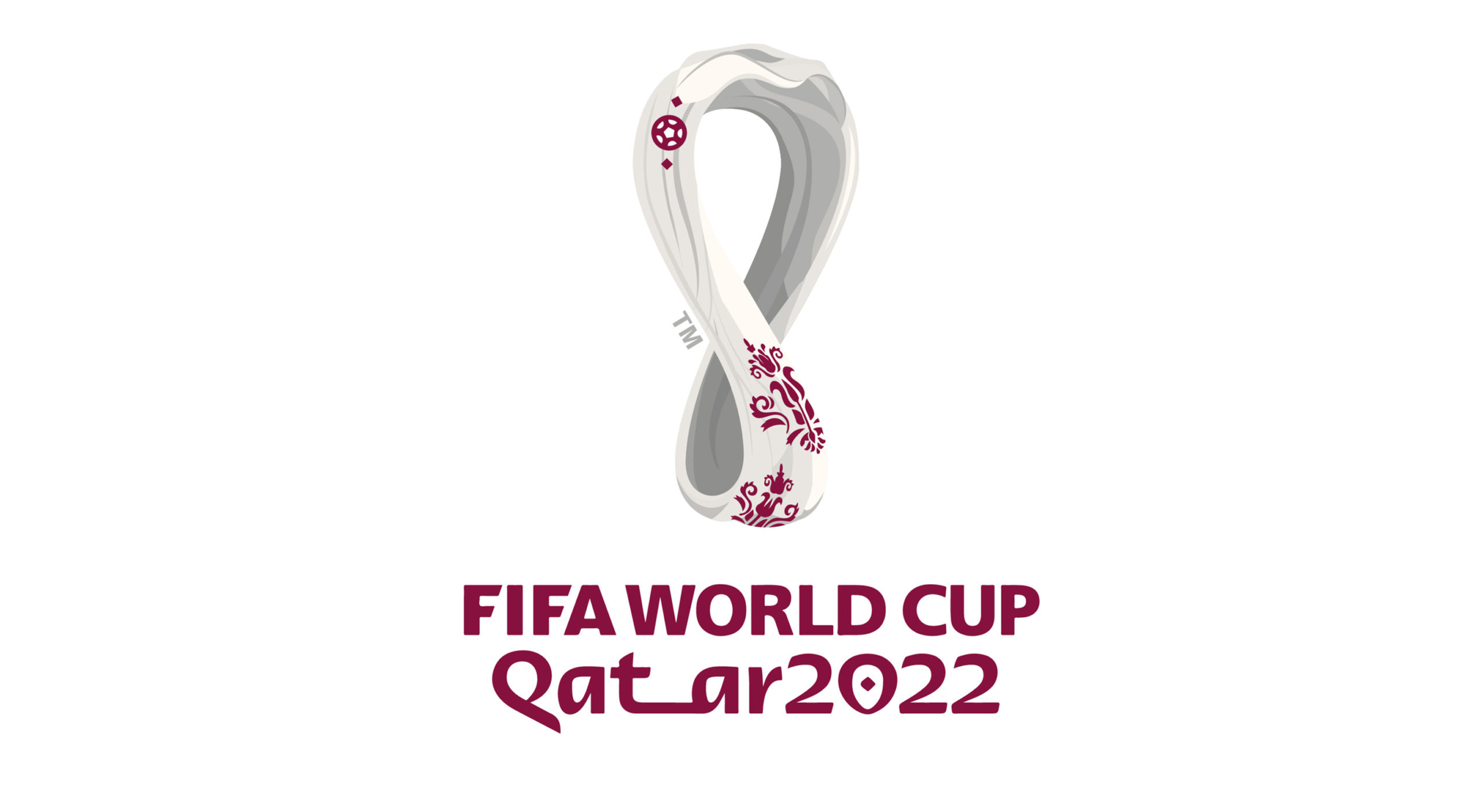A rundown on FIFA’s complicated history ahead of the 2022 World Cup
Few things conflict me more than the FIFA World Cup. On the one hand: I love watching soccer. On the other: the company that organizes the event, FIFA, has historically been run by a team of — as I see it — scumbags.
We’re a few weeks away from the world’s largest sporting event returning for the first time since 2018. The 2022 FIFA World Cup’s first match will take place on Nov. 20. There, the host country, Qatar, will take on Ecuador. Following the opening game, there will be 64 total matches played between 32 countries, with the championship match set to take place on Dec. 18.
It’s no secret that the FIFA World Cup is a big deal. A global event taking place once every four years, each of the last four championship matches has exceeded one billion in global viewership — for scale, the 2022 Super Bowl had less than 10 per cent of that.
The magnitude of this tournament is fully justified. The games are always entertaining, and the whole tournament provides an outlet for people to showcase their national pride. As far as sporting events go, very few can bring the world together like the FIFA World Cup.
However, as beautiful an event as the World Cup is, there remains something conflicting about supporting it.
FIFA (Fédération Internationale de Football Association), the governing body of the World Cup, has been plagued with controversy over the last few decades. Besides releasing a criminally overrated video game every year, there have been some real problems with the organization.
The corruption began in 1998, when FIFA’s presidential nominee, Sepp Blatter, was accused of rigging the organization’s presidential election. It was reported that Blatter had allegedly handed envelopes (presumed to be filled with cash) to FIFA officials so they would vote for him.
Blatter was elected following the fraudulent election in 1998 and he remained FIFA’s president until more recent controversy in 2016.
This recent controversy was born out of the process by which countries are selected to host the FIFA World Cup. To be elected tournament host, a country must nominate itself to FIFA seven years prior to the tournament. Once all nominated countries have been established, FIFA’s congress votes on which country will host the tournament in a process where a majority vote wins.
At least, this is the procedure that’s supposed to be followed.
In 2011, when it was time to select the host nations for the 2018 and 2022 World Cups, the selection process was compromised. During the voting process for both tournaments, FIFA officials allegedly accepted over $150 million in bribes from both Russia and Qatar — countries that were then awarded the 2018 and 2022 World Cups, respectively.
Independent of these organizational scandals, multiple higher-ups at FIFA have also been accused of sexual and racial abuse in recent years. Following these allegations, there was a ‘clearing of house’ at FIFA, with major management turnover.
Despite this appalling behaviour, FIFA’s 2022 World Cup is bound to be the biggest television event of the year. This November and December, hundreds of millions of eyeballs will be glued to their televisions watching a tournament organized by these troublesome players.
So, what’s the right thing to do? How should we move forward with these conflicted feelings about the world’s largest sporting event? Well, I don’t think a full-out boycott of the World Cup is the right way forward. Although FIFA is the tournament’s organizing body, the event itself is about showcasing national pride and watching talented athletes compete at the highest level.
Soccer is a beautiful game played with one ball and two teams of 11 players — no organization can intervene in that. And the notion of a world cup, an event that brings the world together, is more about the countries and players involved than anything else. When we watch the World Cup, we’re watching it for the love of the game and not out of support for FIFA.
As far as the organization goes, it’s important to recognize their misconduct over the last decades and continue to hold them accountable. Viewers should be aware of FIFA’s history and watch the tournament with that knowledge. The recent change in management at FIFA even indicates that the organization is aware of their misconduct and is perhaps ready to make a change.
This isn’t to say we should excuse the organization’s behaviour. Rather, we should enjoy the event for what it really is — a global tournament that showcases national pride and world-class athletes.
So can we be excited about the World Cup? Certainly. Especially if you’re Canadian, as Canada is set to make Qatar 2022 their first World Cup since 1986.






